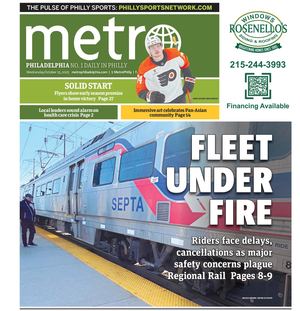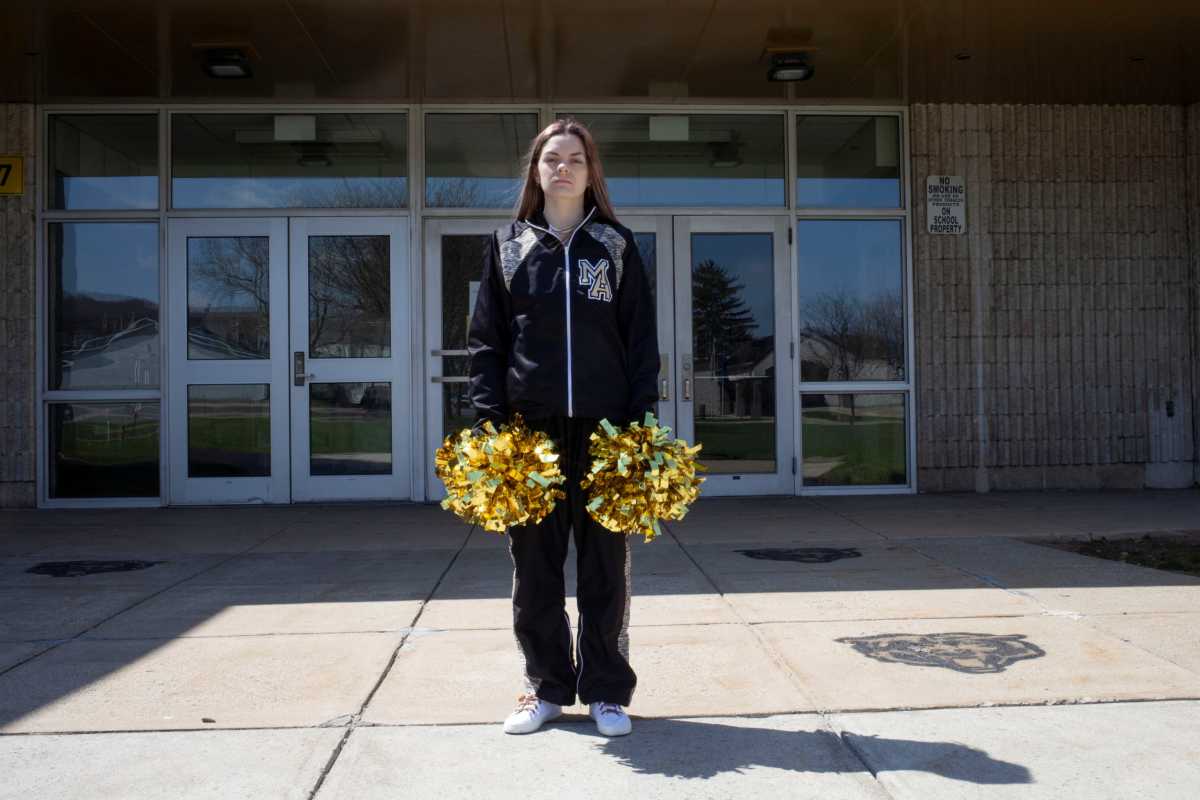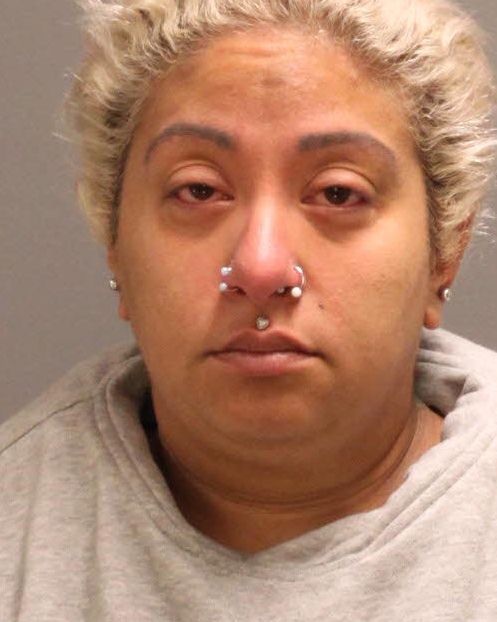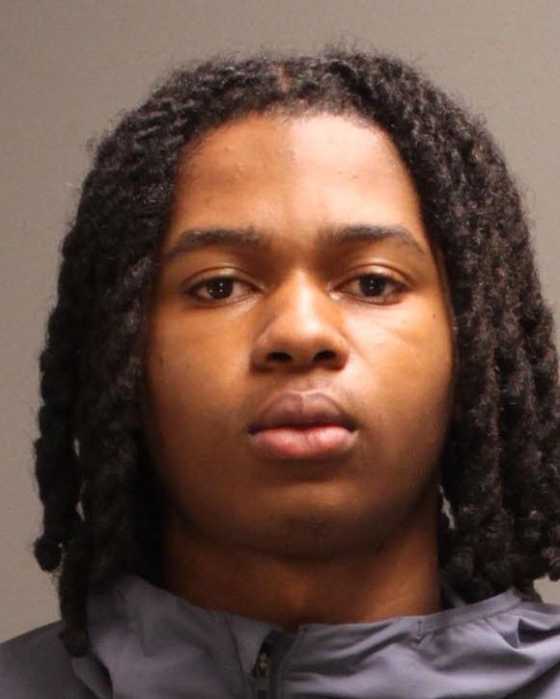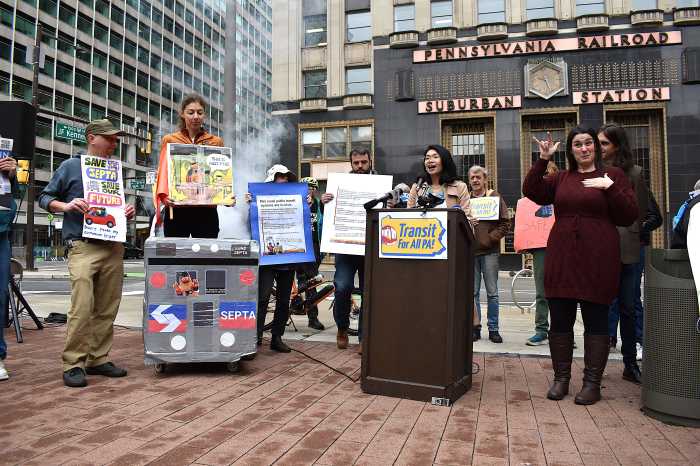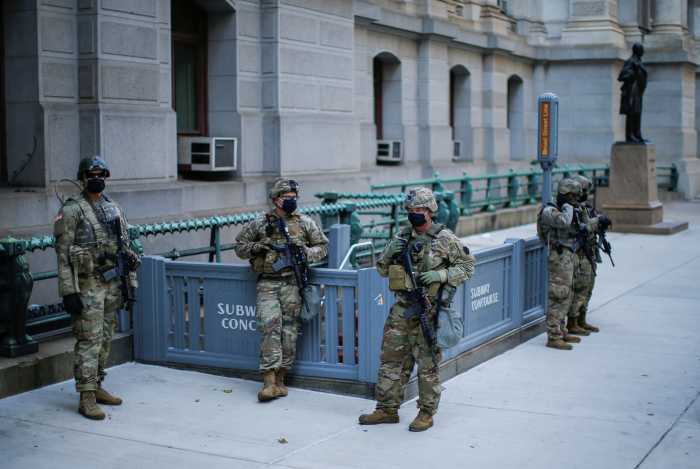By Andrew Chung
U.S. Supreme Court justices on Wednesday appeared ready to rule in favor of a former Pennsylvania high school cheerleader who was disciplined over a foul-mouthed social media post but cautiously approached the broader question of whether public schools can punish students for what they say off campus.
The nine justices heard nearly two hours of arguments in an appeal by the Mahanoy Area School District of a lower court ruling in favor of Brandi Levy that found that the U.S. Constitution’s First Amendment guarantee of free speech bars public school officials from regulating off-campus speech. The case could impact the free speech rights of America’s 50 million public school students.
The court pondered the competing issues of students having freedom of expression, especially political or religious views, and schools having the ability to prevent disruptions in the internet and social media era.
Its ruling, expected by the end of June, could clarify the limits of an important 1969 Supreme Court precedent that let public schools punish student speech when it would “substantially disrupt” a school community.
Many schools and educators, supported by President Joe Biden’s administration, have argued that ending their authority over students at the schoolhouse gates could make it harder to curb bullying, racism, cheating and invasions of privacy – all frequently occurring online.
The American Civil Liberties Union, representing Levy, has argued that students need protection from censorship and monitoring of their beliefs.
The justices indicated they may avoid making a complete distinction between on- and off-campus speech or fashioning a legal test encompassing all possible scenarios schools may face.
“I’m frightened to death of writing a standard,” liberal Justice Stephen Breyer said.
The court also could issue a narrow ruling in Levy’s favor that does resolve the broader question of school regulation of off-campus speech.
PROFANITY-LACED POST
The justices seemed skeptical that Levy’s post was sufficiently disruptive of the school environment to have warranted the punishment she received.
Peeved because she was denied a spot in a tryout for the varsity cheerleading team after being a member of the junior varsity squad as a ninth-grader, Levy – age 14 at the time and currently 18 – made a profanity-laced Snapchat post.
On a Saturday while at a convenience store in Mahanoy City, she posted a photo of her and a friend raising their middle fingers, adding a caption using the same curse word four times to voice her displeasure with cheerleading, softball, school and “everything.” Mahanoy Area High School banished her from the cheerleading team for a year.
Conservative Justice Brett Kavanaugh said the school’s response seemed like an over-reaction.
“She blew off steam like millions of other kids have when they’re disappointed about being cut from the high school team or not being in the starting line-up,” Kavanaugh said.
Breyer said that if using swear words away from school merits discipline, “I mean, my goodness every school in the country would be doing nothing but punishing.”
Some justices raised hypothetical scenarios showing their concern over protecting student expression, including if a student wears a Black Lives Matter T-shirt, carries a Confederate flag or refuses to call transgender students by the names they have adopted.
“That sharp line I think you’re trying to draw between on-campus and off-campus, how does that fit with modern technology? If a text or a snap … is sent from the park and it’s read in the cafeteria, is that off-campus or on-campus?” Chief Justice John Roberts asked an ACLU attorney.
Fellow conservative Justice Samuel Alito expressed concern about bullying and speech aimed at other students, but said: “If we’re going to address the broad issues, then I for one think we need clear rules that protect freedom of speech.”
Levy and her parents sued the district, seeking reinstatement as a cheerleader and a judgment that her First Amendment rights had been violated. Lower courts ruled in her favor.
The Supreme Court’s eventual decision would affect public schools, as governmental institutions, but not private schools.
Reuters
